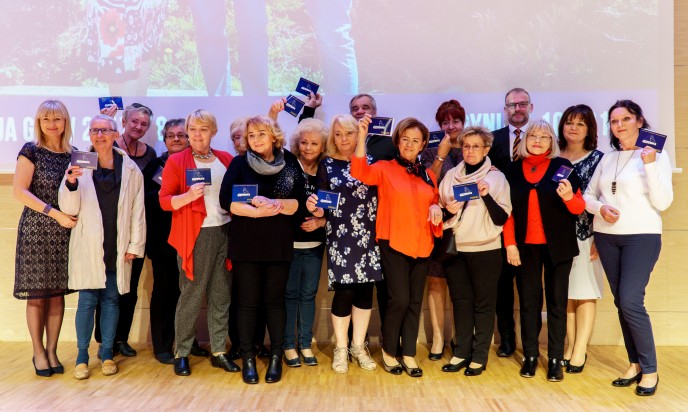

Education improves quality of life in Gdynia, Poland
gdynia_gnlc_2.jpg

‘Education has always been a top priority in Gdynia,’ explains its Deputy Mayor, Bartosz Bartoszewicz, which is why, he believes, the quality of life in this north-central Polish city ‘is one of the best in the entire country.’
Inducted into the UNESCO Global Network of Learning Cities (GNLC) in 2019, Gdynia strives to provide its inhabitants with the knowledge and skills they need to adapt to current technological, demographic and environmental changes so that they may fulfil their individual potential, strengthen their communities and contribute to economic development. In addition, the city has built strong coordination mechanisms to ensure educational opportunities are available to everyone, at every stage in life.
Stakeholder involvement is key to making lifelong learning for all a reality, and Gdynia has endeavoured to secure the involvement of various actors to ensure quality of learning at every level, starting with formal schooling, where teachers, head teachers, administration staff, students and parents work together to develop effective learning strategies. ‘Gdynia’s schools allow our youngest residents to develop their interests and talents,’ explains Bartoszewicz. ‘It is precisely thanks to the cooperation between school staff and families that our education programmes respond to new challenges, to the changing world.’
In addition, the city fosters the development of opportunities for employment and entrepreneurship through lifelong learning programmes that respond to trends in the labour market. It also involves the public in decision-making processes. Michał Guć, Gdynia’s Deputy Mayor for Innovation, says that the city promotes education as ‘a way of life for people of all ages, regardless of their cultural or economic background. For example, people can follow their passions after the end of their professional career,’ he continues, ‘and residents can work creatively with their neighbours to develop their local communities.’ Dozens of learning places across the city combine education with aspects of everyday living, work and leisure to give a sense of community to the people of this bustling port city.
Once Gdynia joined the UNESCO GNLC, its Mayor, Wojciech Szczurek, established a learning city task force. Its members and municipal representatives engaged in education will come together for the first time on the occasion of the International Day of Education on 24 January. The meeting represents the next step in strengthening coordination of learning programmes and making lifelong learning a reality for all in Gydnia.
About the UNESCO Global Network of Learning Cities
Learning cities are key drivers to achieve the UN Sustainable Development Goals. They promote good policy and practice, and foster sustainable development at various levels, notably through lifelong learning. The UNESCO Global Network of Learning Cities, coordinated by the UNESCO Institute for Lifelong Learning, supports and improves the practice of lifelong learning in member cities by promoting policy dialogue and peer learning, documenting effective strategies and good practice, fostering partnerships, providing capacity development, and developing tools and instruments to design, implement and monitor learning cities strategies.











